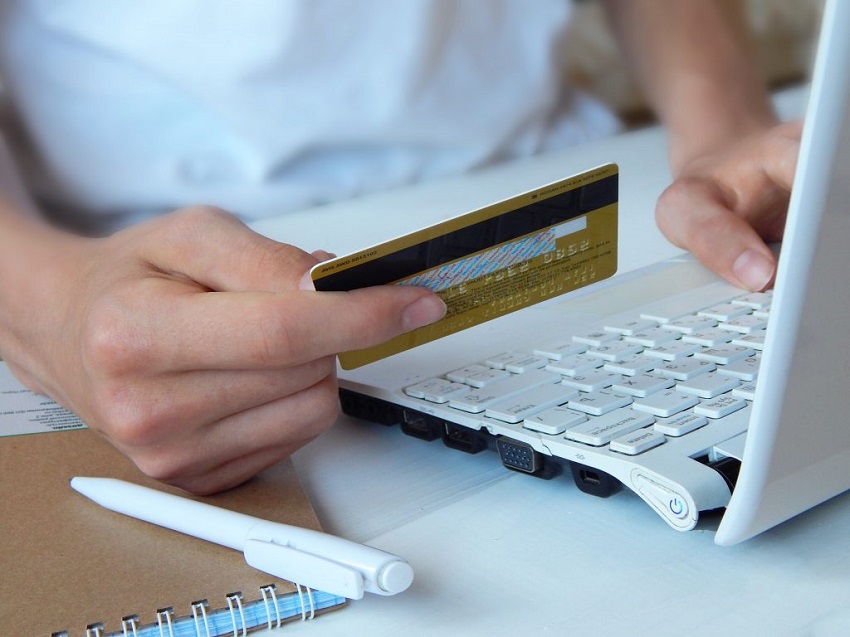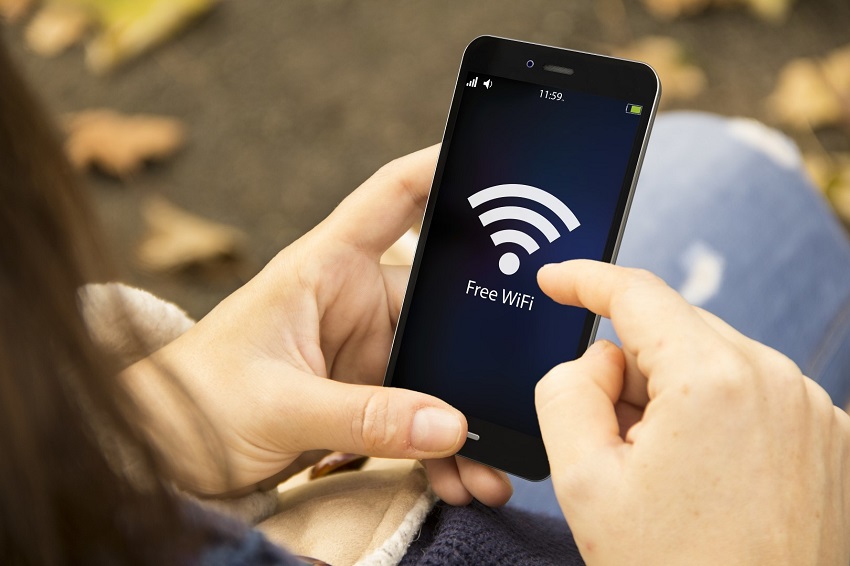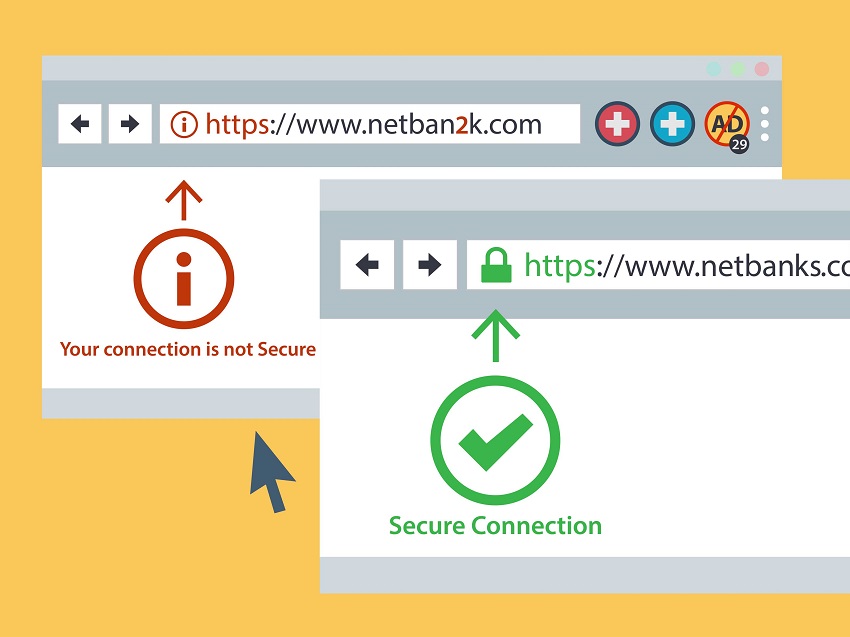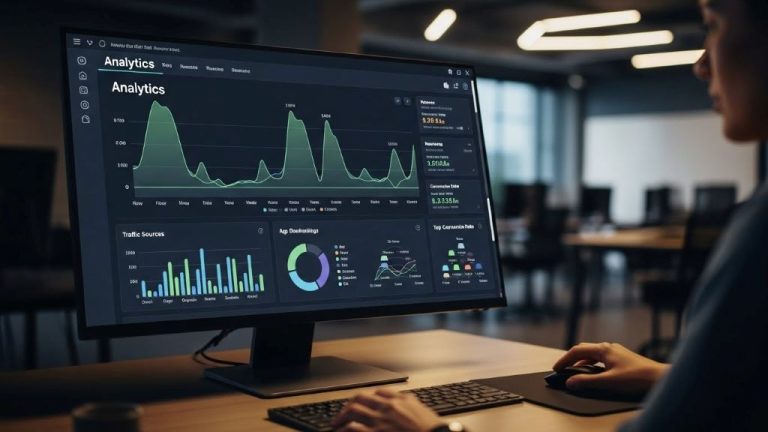Although having free Internet can be tempting, connecting to a public WiFi network is not particularly secure. We tell you the risks and precautions you should take when using free WiFi.
Public WiFi is those that are not protected by a password and allow us to connect to the Internet in a comfortable and fast way. These networks do not encrypt the information that is transmitted through them, so they are not secure. When you access one of these public networks you are endangering your credentials, your bank accounts, your passwords, etc.
Airports around the world often have open connections that can sometimes hide bait that cybercriminals use to gain access to equipment and personal data. It is important to take certain precautions, such as keeping all applications up-to-date, correctly configuring the security options of your device and having protection tools available.
Do not access sensitive information
Even if you use a completely updated and protected device, even if you browse a legitimate network … Do not forget that you are in a public place.
In the same way that you would not get a wad of tickets in the subway, or you would not do business at the door of a shopping center, do not make purchases online or handle sensitive information when you are on a free Wi-Fi network.
There is a place for everything, and a public channel should be used for trivial tasks or where privacy is not a problem. For example, visit a website, send messages, access social networks …
Check that you are on the official WiFi network
We have already seen how cybercriminals create false networks that place in the same area as a free official network of an airport, or a school, to try to hunt unsuspecting.
In many cases, they give it a name very similar to that of the original network.
Therefore, check the exact name when you enter a network with free WiFi. If the official network is called ” Aeropuerto Barajas ” do not enter ” AeropuertoBarajas2 “, for example.
Inquisitive looks
Free networks are in public places, almost always full of people. It does not take a sophisticated Trojan to steal a phone number or a credit card number while typing it on your smartphone. Just look over your shoulder …
Therefore, take extreme precautions and make sure that no one is watching when you enter a password. Cover the screen with your hand if necessary.
Update your devices
Most viruses and Trojans penetrate our defenses because they find a security hole, which you could have closed by installing the corresponding patch.
Update the operating system, apps, and antivirus of your smartphone, tablet or computer, before accessing free WiFi. Keep reading- How to enter the router and configure the Internet connection: 192.168.1.1
Always look for secure websites
As much as possible, if you have to visit web pages, always look for pages that have the encrypted connection.
They are easily distinguished because their URL address starts with HTTPS: //
Normal web pages use HTTP: //
Secure websites encode navigation so spies, even if they exist, will not be able to see anything.
They are simple rules to carry out, and that will save you a lot of trouble if you meet them. Enjoy your free WiFi!
Remember to also secure the WiFi network of your home, for example with a router from the AVM Fritz! Box range, which will make it easier to repel unwanted intruders …
VPNs, the best defense mechanism when connecting to a public WiFi
However, all these measures are small patches for a problem that has a solution in virtual private networks or VPN.
This type of service offers us a point-to-point virtual connection that acts as a kind of private tunnel between both ends of the communication, one that a cyber-attacker will hardly have access to.





